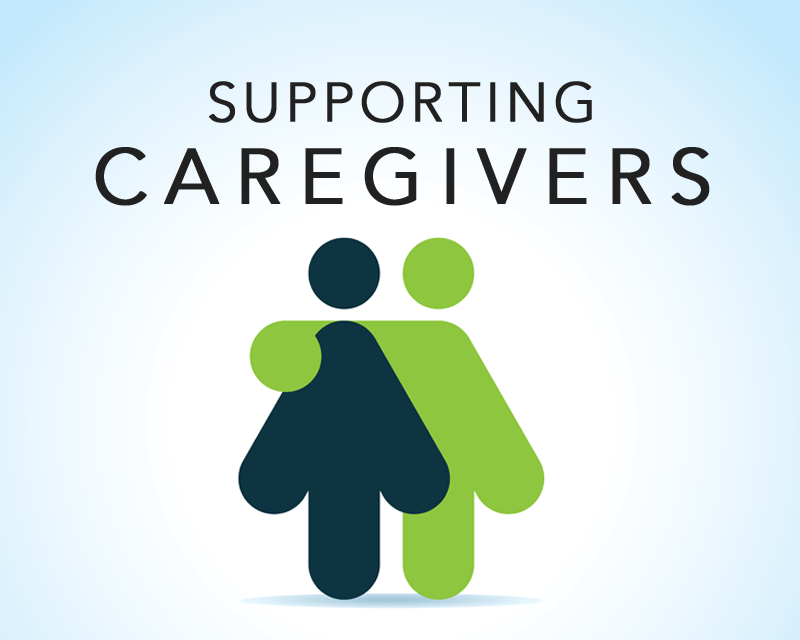Caring for a family member with dementia (or any other debilitating condition) may involve a lot of “juggling” to manage the demands of caregiving as well as your personal responsibilities. Feeling stress is natural, but if left unchecked, continuous stress can negatively impact your physical and mental health and hinder your ability to provide proper care.
Here are some tips to help manage the stress associated with caregiving:
Self-care is crucial.
Prioritizing the well-being of the person you are caring for while sacrificing your own is noble but can be detrimental. Failing to care for yourself increases risk of caregiver burnout, which compromises your ability to provide quality care and negatively impacts the person for whom you are caring. Self-care is critically important. Find ways to reduce stress: Working out and breathing exercises are helpful. Make time for yourself, too. Even short breaks go a long way to help recharge your mind and your body.
Ask for help.
Support is vital. Family, friends, community and professional caregivers can all lend a helping hand in different ways, but only if you ask. Don’t be hesitant to ask someone to assist with errands, help with transportation to medical appointments or spend time with the person you are caring for, so that you have a break. Distance isn’t always an obstacle either. Family, friends and people in your community can assist with coordinating appointments and making phone calls—all you need to do is ask!
Prepare as much as possible.
Caring for someone with dementia often involves a complex array of long-term medical, legal and financial issues. Deal with these decisions as early as possible, with strong consideration for personal wishes, to help reduce stress later. Addressing these matters early also gives the individual the opportunity to have a more active role in their care and the decision-making process.
Build your skills.
Key skills for any care partner include communication, understanding safety considerations, recognizing behaviors as a form of communication, and managing activities of daily living. Get to know doctors and other care team members. Ask questions, express concerns and be involved.
Be flexible.
While you can’t control every situation, you can work to better manage your reactions. While it may seem impossible at times, try to have a positive and accepting attitude; be flexible and understand the need to adapt. Take things one day at a time and handle challenges as best you can. Don’t feel that you have to deal with everything at once.
Connect with others.
Hugs, gentle touch and compassion help you and the person you are caring for feel connected and loved. Kindness, humor and creativity are essential. Manage your expectations and remain patient. Find your support network and surround yourself with positive connections, both old and new!
Build empathy.
Building empathy and maintaining compassion is essential for both you and the person you care for. Try to comprehend what it is to have this type of illness. Putting yourself in their shoes,
while also recognizing your own losses, can help place things in perspective and alleviate stress.



